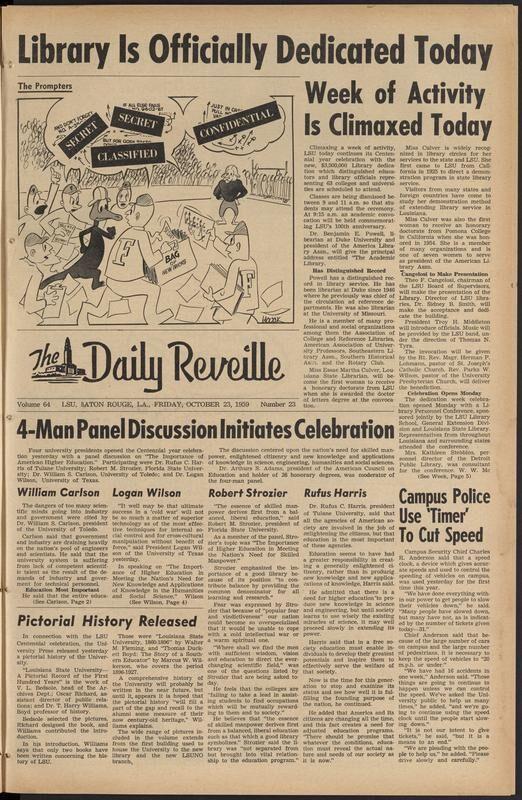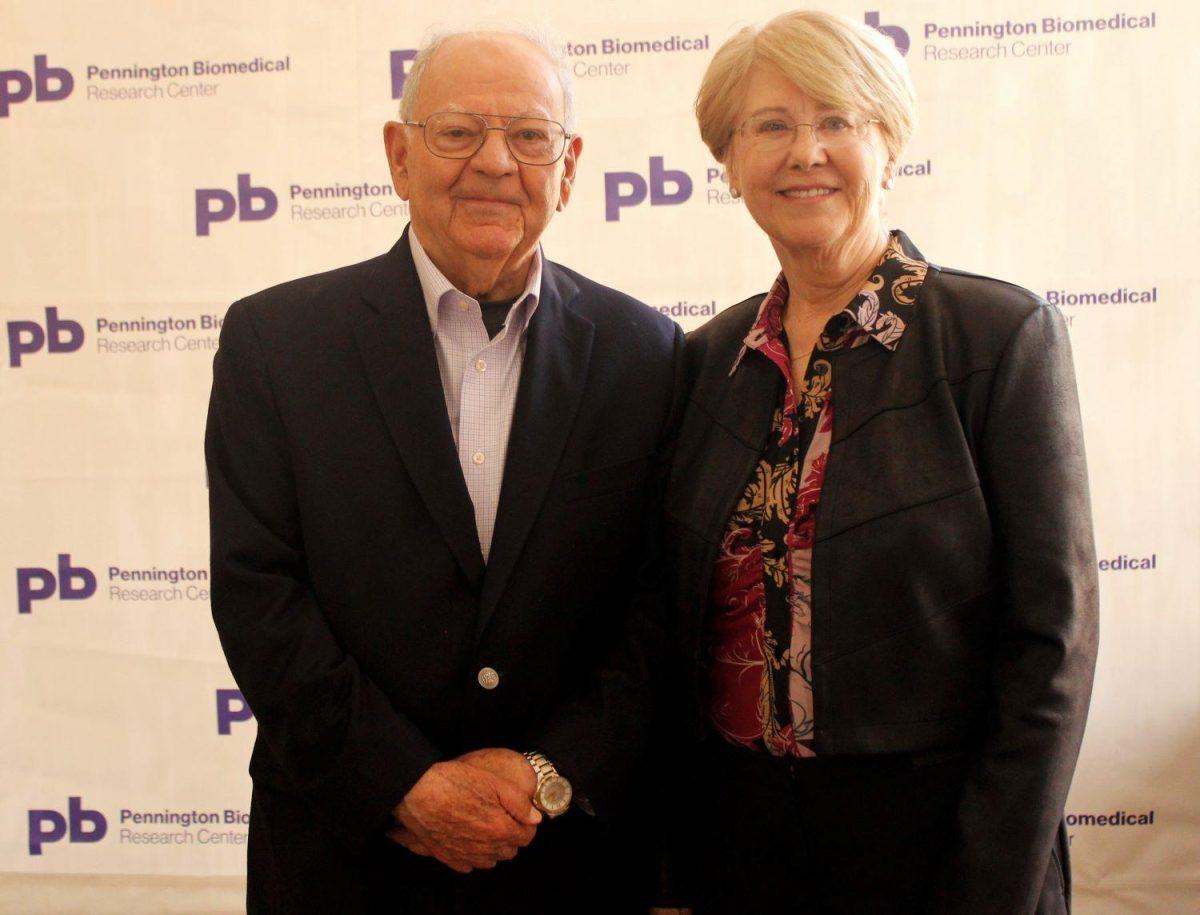The University’s tobacco-free policy has been in place for a full semester, but its effectiveness is still up for debate.
Mass communication professor and tobacco policy committee leader Judith Sylvester said it decreased the number of smokers on campus, but the numbers still are not where they need to be.
Sylvester, a member of the Faculty Senate, said the University still has a long way to go.
“We’re not 100 percent,” she said. “We’re not where we need to be, but I’ve spent a lot of time talking to the University of Kentucky and other schools. They got five years of experience with this, and several others who have two or three and they all say uniformly it takes some time. We planned really for last semester to be the information phase of this, letting people know about this and that we are expecting voluntary compliance.”
No changes to the policy are being considered for the fall 2015 semester, Sylvester said.
Computer engineering freshman Gabe Scioneaux said because the current policy has no terms of enforcement, it isn’t effective.
Besides the threat of cancer and other illnesses, ticketing and stricter enforcement would be ways to slow down his tobacco consumption on campus, Scioneaux said.
Middleton Library instruction coordinator Michael Russo served on the tobacco policy committee as well. He said when the policy first went into effect in August, it seemed to be working, but over the course of the fall semester, change in the amount of smokers has been washed away.
Russo said smoking in front of Middleton Library has increased.
“There is a core of students who are trying to make some sort of statement,” Russo said. “The longer that it is allowed to continue, the worse it is going to get.”
Russo said as long as students continue to smoke on campus, they will give the impression to other students that smoking is allowed.
There are differing opinions about the effectiveness of the policy, as some students believe the policy has decreased the amount of smokers.
Pre-nursing freshman Christina Stewart said the policy has decreased the amount of smokers overall, but certain areas of campus are still problematic, such as the area in front of the library.
Stewart said the current policy can be made more effective by stronger enforcement and more people confronting smokers.
Kurt Keppler, vice chancellor of Student Life and Enrollment, said the University is not considering any changes to the policy and will remain a tobacco-free campus indefinitely.
Keppler said 100 more yard signs will be put in front of the areas students believe are most affected by smokers.
There are no plans for the policy to be enforced by ticketing or to petition for policement of the policy.
French junior Ana Douglas said the tobacco policy has not been effective and believes the amount of smokers has remained about the same.
Douglas is a smoker and said she will continue to smoke on campus until the University starts writing tickets.
The University will investigate ways to promote the tobacco-free campaign, such as creating bumper stickers and cards stating the policy, Keppler said, so students can hand the card to offenders.
Keppler hopes the policy will become a social norm, like not smoking indoors.
“History has shown that the best way to enforce such a policy is to have the community enforce it themselves,” Keppler said.
Results of tobacco policy unclear
January 15, 2015
More to Discover











